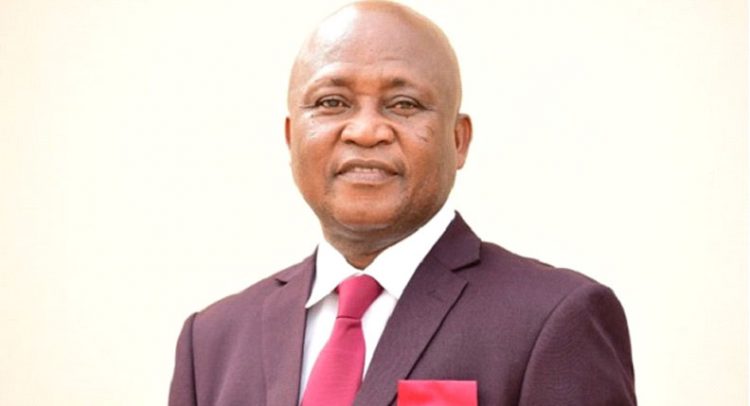Dr Yaw Adu Gyamfi, AGI President
The Association of Ghana Industries (AGI) has raised concerns about grave trade malpractices at the country’s ports.
It has therefore called on government to quickly take steps to stop such malpractices at the ports and revenue leakages.
A statement issued recently and signed by Dr. Yaw Adu Gyamfi, AGI President, said: “Some criminal minded importers have found cunning ways to evade tax/duties through the connivance with some revenue officials at the ports.
“Hundreds of millions of dollars worth of imports continue to slip through the Tema Port especially without proper valuation.”
Revenue targets missed
It said in 2016, the Customs Division of GRA missed its annual revenue target by 4.6 percent.
Out of the GH¢10.82 billion target in 2016, customs only managed to collect GH¢10.33 billion, representing a shortfall of GH¢495.84 million.
“The story was even worse last year, when GRA Customs Division missed its 2017 target by 9 percent. Although the Division was tasked to collect GH¢13.94 billion in that year, data from the GRA showed that it only managed to collect GH¢12.69 billion. This represented a shortfall of GH¢1.25 billion.”
Stubborn cartels
According to AGI, “Efforts by government to sanitize port procedures through the recently introduced paperless system and Single Window at the port have come under serious threat from cartels which continue to wreck the nation.
“The practice of under-invoicing, under declaration and mis-description of imports in order to pay less in taxes are still rife, exposing local manufacturers to unfair competition from such imports.”
It said such practices continue “to take a heavy toll on our fruit juice sector, electrical cables, tomato paste, canned tuna, cooking oils, biscuits and fast moving consumer goods in general.”
Under-valued imports
It revealed that unfair competition from under-valued imports also featured prominently among the top challenges that businesses faced as confirmed by the AGI Business Barometer.
“In the case of the electrical cables, AGI’s investigations revealed that the unit prices declared by the importer to Customs are different from the unit prices from the same manufacturer. For 1.5mm of PVC conduit cable, the manufacturer’s price list was $14.4 per roll but the fake invoice submitted to Customs shows only $2.5 per roll.
“This translates to about 83 percent invoice price reduction and this runs through for all the different sizes of the cables. AGI will officially make these invoices available to the GRA for necessary action.”
Repercussions
The AGI said the magnitude of such practice was unimaginable. The effects, among others include huge revenue losses to the state, erosion of the competitiveness of local manufacturing, waning of job creation prospects, declining manufacturing sub-sector contribution to GDP, unreliable tax to GDP ratio and start-ups’ inability to survive their first anniversary due to unfair competition.
“It is one of the major reasons why our manufacturing sub-sector, which represents a critical mass of the real sector of the Ghanaian economy, continues to underperform, registering an average growth rate of 1.8 percent over the last four years.”
“It is our considered view that factories under government’s One-District-One-Factory initiative will find it difficult to survive with these practices and Ghana runs the risk of experiencing another failed manufacturing effort if this persists. We have also seen under-valued imports stifle our Made-in-Ghana campaign that could have bolstered growth of our local economy.
“We hope that government’s effort to bring sanity to the valuation of imports is not undermined by these fraudulent practices. AGI will like to see the Ghana International Trade Commission functioning to address some of these malpractices.”
Fake values
It noted also that the use of false values to undermine the whole economy could be addressed in a single step which had been used elsewhere.
“This is to make the valuation portals of inspection companies open to public scrutiny and verification. Whenever a false valuation is detected, a report can then be made to a Customs adjudication panel with power to review the valuation.
Stick to global standards
It added: “A worldwide valuation model with risk analysis remains the world standard. We have been waiting for this since last September. The public should be sensitized on the right to report these malpractices to the Special Prosecutor’s Office for further investigation and action, if need be.”
By Samuel Boadi


